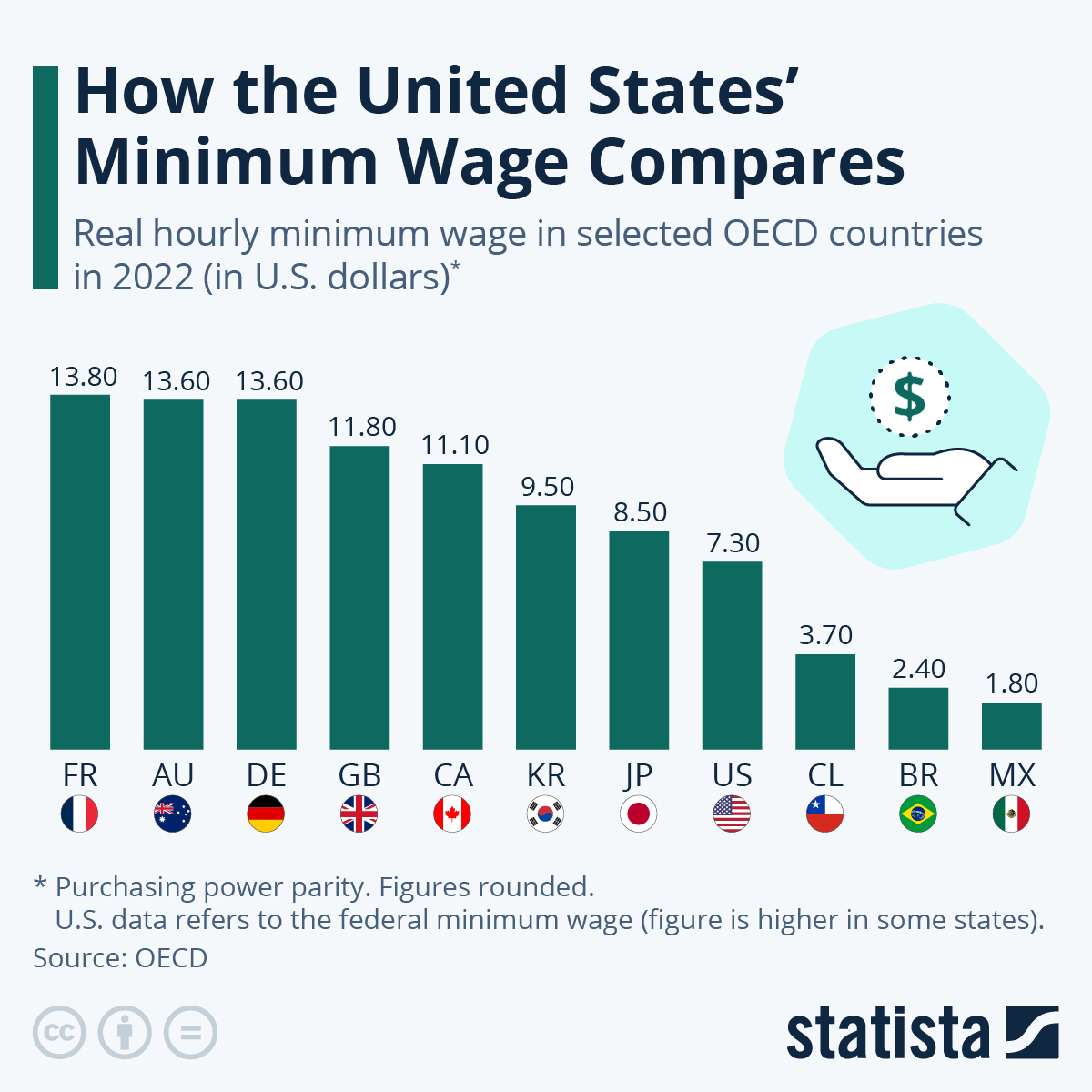While the increase could lift 900,000 Americans out of poverty and ensure pay increases for 27 million workers, it would lead to 1.4 million job losses over the next four years. It would also add $54 billion to the cumulative budget deficit up to 2031. Several experts greeted the analysis with skepticisim, claiming job losses and the impact on the budget deficit are overstated because a higher minimum wage would increase consumer spending and tax intake for federal programs.
Chair of he Senate Budget Committee Bernie Sanders was among those disagreeing with the report's conclusions and he said he believes its findings will boost the case for using budget reconciliation rules to pass the increase as part of the $1.2 trillion aid package. Quoted by Reuters, Sanders said that "CBO has demonstrated that increasing the minimum wage would have a direct and substantial impact on the federal budget. What that means is that we can clearly raise the minimum wage to $15 an hour under the rules of reconciliation."
As the debate rumbles on, how does the current $7.25 federal minimum wage compare to other developed countries? It has to of course be mentioned that some U.S. states have moved to introduce even higher minimum wage thresholds with California and Washington notable examples where minimum hourly pay is higher than $13. OECD data shows that the U.S. trails many developed countries in the minimum wage league such as Australia where the rate of pay was $12.60 in 2019 constant prices at purchasing power parity. While France and Germany are also ahead of the current U.S. federal minimum wage, more than doubling it to $15 per hour would catapult the U.S. to the very top of the OECD's ranking.

2.40х40 часов в неделю=96х4 недели=384хкурс доллара(73.89 на сегодня)=28,374
No comments:
Post a Comment